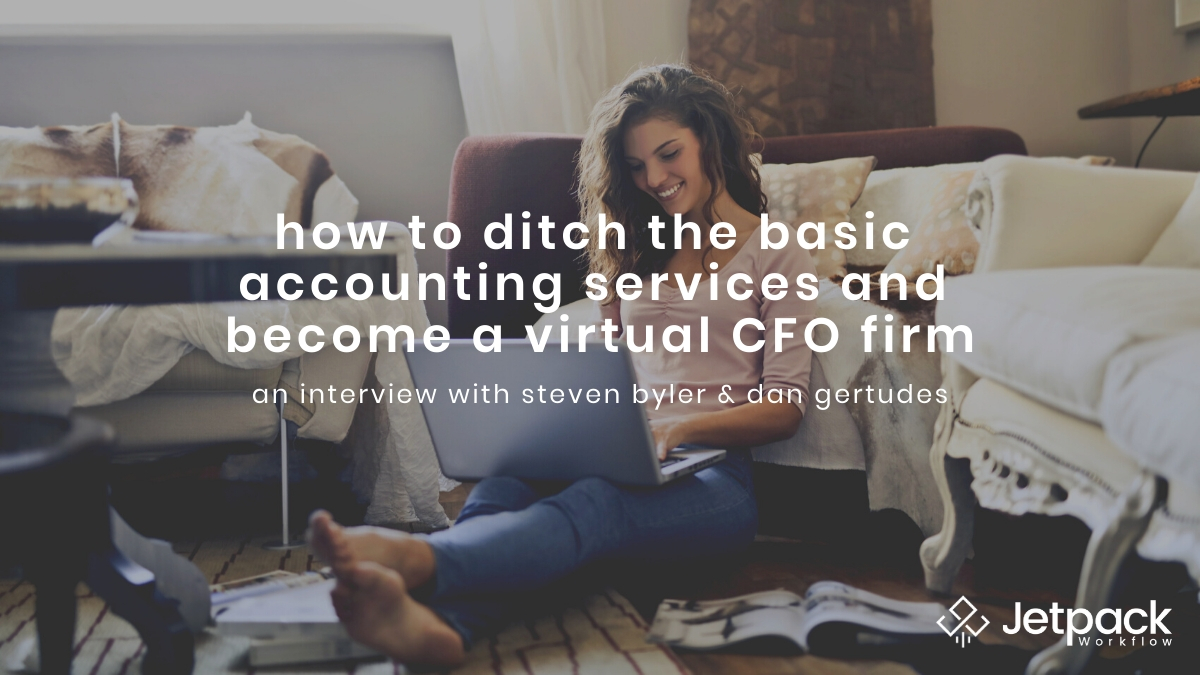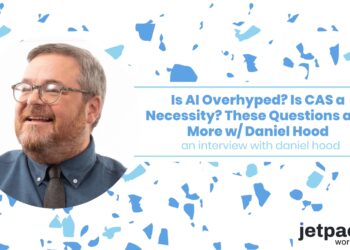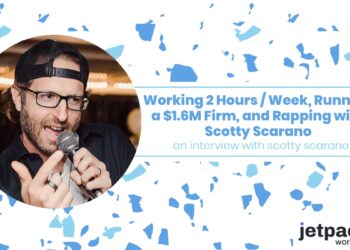How to Ditch the Basic Accounting Services and Become a Virtual CFO Firm

Today we are excited to release our brand new podcast interview with Steven Byler & Dan Gertudes who are Partners at GrowthLab. A CPA firm dedicated to offering Outsourced CFO services and completely ditched their bookkeeping, tax and audit clients.
In this episode of Grow Your Firm podcast, we talk to Steven Byler and Dan Gertrudes, Partners at GrowthLab to hear about:
- How to become a Virtual CFO
- What is a Distributed Workforce?
- Why firm operations and continuous improvement are important
Click here to listen to it in iTunes
Two Peas In A Pod
Steven Byler and Dan Gertrudes were working in independent, yet parallel efforts selling CFO services to start-ups around the New England area. They were using their business and accounting skills consulting companies in their ability to grow.
One day they realized they shared a similar philosophy and a love for the work they did. So they decided to team up to run their own start-up: GrowthLab. In just two years, the firm has grown to 25 people who provide outsourced accounting, advisory, financial management, and capital raising services to the emerging growth space. With the growing business, they knew they were going to have to cut services somewhere. Within a few discussions, they learned how to ditch the basic accounting services and become a virtual CFO firm.
How To Offer Virtual CFO Services
Steven and Dan understood the importance of outsourced and financial advisory services. “Outsourced accounting is very much a standard operating procedures type of business,” Dan states.
Small and medium-sized startups may not have the financial expertise or time to focus on business modeling and CFO accounting work. Leveraging their extensive capabilities in these areas, Steven and Dan were able to start building a foundation of clients that led them to establish a branded company of their own around this Virtual CFO market opportunity.
However, Dan says the reality is that “they can’t be everything to everyone,” in providing an entire suite of Virtual CFO services. They realized key aspects of their core competency offerings were not tax, audit, and bookkeeping work.
“Look at yourself. What can you do really well? What is the need in market? What can you solve well?” Dan asks. For the GrowthLab team, their focus was on the management team and the outsource role as a CPA for the regional small- and mid-sized companies in the retail, industrial, manufacturing areas and beyond.
Steven adds that they apply a value-based pricing model with their clients. “We appreciate the benefit it has,” to offer a package pricing while improving the processes for their clients. Dan says they understand the billable hour mentality and are beginning to change it.
“We are in the people business,” states Steven. “It has its beauties and challenges, but we are finding ways to complement each other very well as partners. Dan is always pushing what’s next, and I’m thinking how we optimize what we have.” They earn their business leads from referrals.
“85% of referrals come from CPAs who offer complementary services.”
In addition “we leverage our customers,” says Dan.
Organic growth is critical to their strategy, although they did acquire a firm early on in the life of GrowthLab. The two partners decided to keep a part of that firm that worked for them and sold off the payroll portion, reinvesting those proceeds into the merged entity.
As they advise their clients on their businesses, they are using their expertise to create the right business structure for themselves. “We are fortunate enough to have keen eye for efficiencies,” Dan says. They apply their know-how to execute on an appropriate, long-term view to implement systems integrations, structure, people, processes, capital partners, and even cloud-based technology like Jetpack Workflow!
“Getting the right culture in place early on, that’s critical,” says Dan, “because from there you can grow your footprint.”
Then “we build the factory and now we find the customers. We are confident that our team can get it done.”
A Distributed Workforce: How To Make It Work
“We are very much a distributed workforce today,” Dan thinks. And to be the best Virtual CFO firm for clients, GrowthLab organizes themselves by team leaders who each manage a book of business and a direct team. These leaders are called Senior Accounting Managers who run individual P&Ls. Steven and Dan believe this structure works as it motivates and incentivizes team members to think like business owners as they help business owners. “We’re in this together,” Dan concludes.
“Being empowered leads to accountability that leads to reward.”
“It is all about the team and delivering great service and great results to the client,” Steven believes.
Each “mini-pod” comprises of the team leader, 1 or 2 senior accounting specialists, and 1 to 3 junior accounting executives. The mini-pod is customized based on the function performed for the specific client. It also depends on:
- The complexity of the business
- The industry
- Geographic location, and
- Accrual vs. cash-based accounting methodologies used
Although as a Virtual CFO firm, the team does not spend their entire time performing client work. The other portion of the time includes portfolio reviews and discussions of client issues, opportunities, and risks, and other ways to offer services. The team leadership convenes each month while the operations team convenes weekly or twice a week depending on volume of work.
As a Virtual CFO firm though, they do not necessary need to be 100% remote from their clients. They may do in the field accounting work as well. An effective Virtual CFO needs to have the capability, flexibility, and bandwidth to deliver on a range of services to the business client.
Operations and Continuous Improvement Insights
GrowthLab is a lab in itself. What they learn, optimize and perfect within their firm, they can then apply to their clients. Some of these recommendations include operations and on-going business improvements.
“Continuous improvement has to be a critical component in the firm’s overall strategy,” Dan notes. “You have to spend 20% of your daily time on continuous improvement.” He goes on by saying that as they had a “rock-solid” business foundation when they started the firm. Although as they add 20% more to their business over the next 6 months, the foundation begins to “crumble.”
Any business should be positioned in a scalable and transparent way that is visible and understood across the entire organization, notes Dan.
To create an organization you can scale, you need a good leadership team to carry through with the strategy. Everybody understands goals and how they can be measured.
Steven follows by saying that firms should have standard operating procedures. “What you are doing, how to do it, how to scale, tools to use, [these are the] normal things we do for our clients…”
One aspect of operations and continuous improvement is marketing including online marketing and inbound marketing. “To do the investments we do, we need to be confident in our marketing. It is the first thing you have to get right before anything else,” Dan believes.
Examples of effective marketing strategies include:
- Writing thoughtful industry pieces
- Advertising in the local business journal
- Giving back to the community that may result in a referral or two
- Hosting networking events
- Being on top of social media such as LinkedIn, Facebook, and Twitter
- Incentivizing employees to bring in new business
Lastly, Steven notes that continual improvement happens at the individual level too. Maintaining tight feedback loops helps as staff takes notes of things and addresses them promptly such as if an error is spotted. Communication and transparency should happen at any level. A tight feedback loop helps “people see continual improvement in themselves.”





